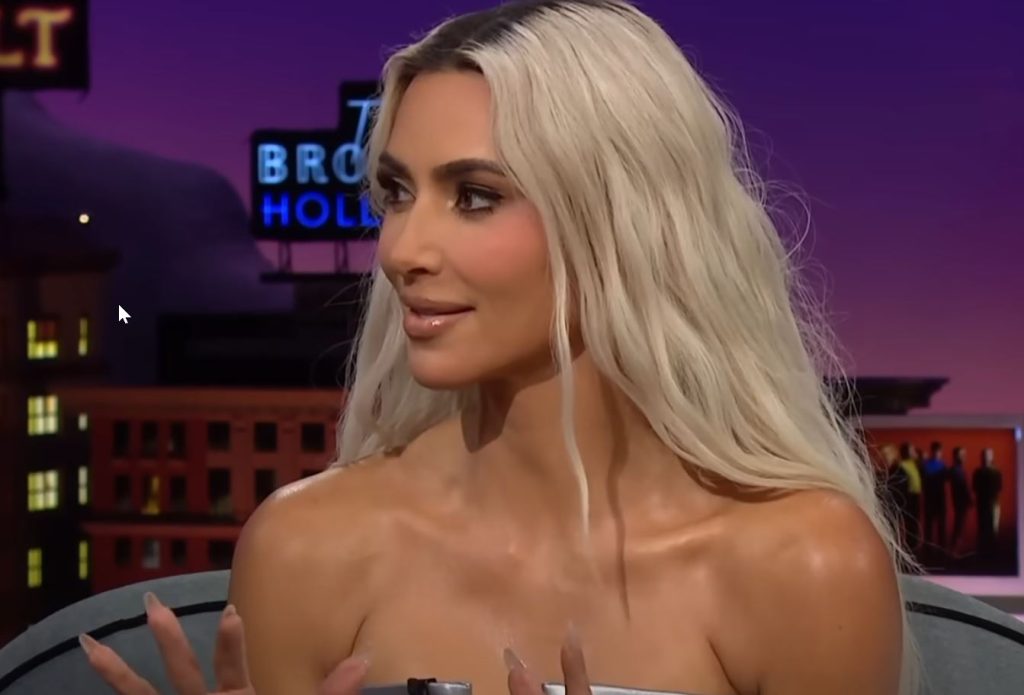
Kim Kardashian’s cryptocurrency settlement might serve as a lesson to us all.
The reality TV actress agreed to pay $1.26 million to settle SEC claims that she didn’t say she was paid to promote an Instagram post about EthereumMax’s crypto currency. The agency said Monday that the actress settled the charges by agreeing to pay the money.
“Clearly, the SEC is making an example of Kim Kardashian, who is perhaps the world’s biggest influencer,” said Douglas Boneparth, a certified financial advisor and president of Bone Fide Wealth in New York.
“This case serves as a reminder that just because celebrities or influencers endorse investment opportunities, including crypto asset securities, that doesn’t mean those investment products are appropriate for all investors,” said Gary Gensler, chairman of the Securities and Exchange Commission.
“We encourage investors to think about the risks and opportunities of an investment in light of their own financial goals.”
In addition, Gensler released a video urging investors not to base their investing decisions only on the advice of a celebrity or influencer.
“Regardless of where we hear this advice, we must remember that what works for one person may not work for you,” said Ted Rossman, senior industry analyst at Bankrate.
Because of the coronavirus outbreak, Instagram, YouTube, and TikTok have become some of the most popular places for Gen Z to get financial advice, tips, and information.
“In the last few years, we’ve seen a significant increase in the number of platforms that provide people with access to investments,” Boneparth remarked.
“This used to be a rich person’s game, but now anyone can buy stocks or cryptocurrency — but that can also lead to a dangerous situation if you don’t know what you’re doing,” he warned. “It’s a case of buyer beware.”
Not all of the “expert” advice you read on social media is necessarily good. Even though traditional financial counselors may be checked out, it is much harder to figure out the goals or possible conflicts of interest of someone giving financial advice online.
“If an influencer suggests you buy or invest in something, you should generally do some due diligence,” Boneparth said. “It’s one thing to invest blindly in a fitness product; it’s quite another to invest blindly in risking your money.”
“The stakes are sometimes higher,” Rossman noted. “We have to be especially cautious about this kind of thing.”